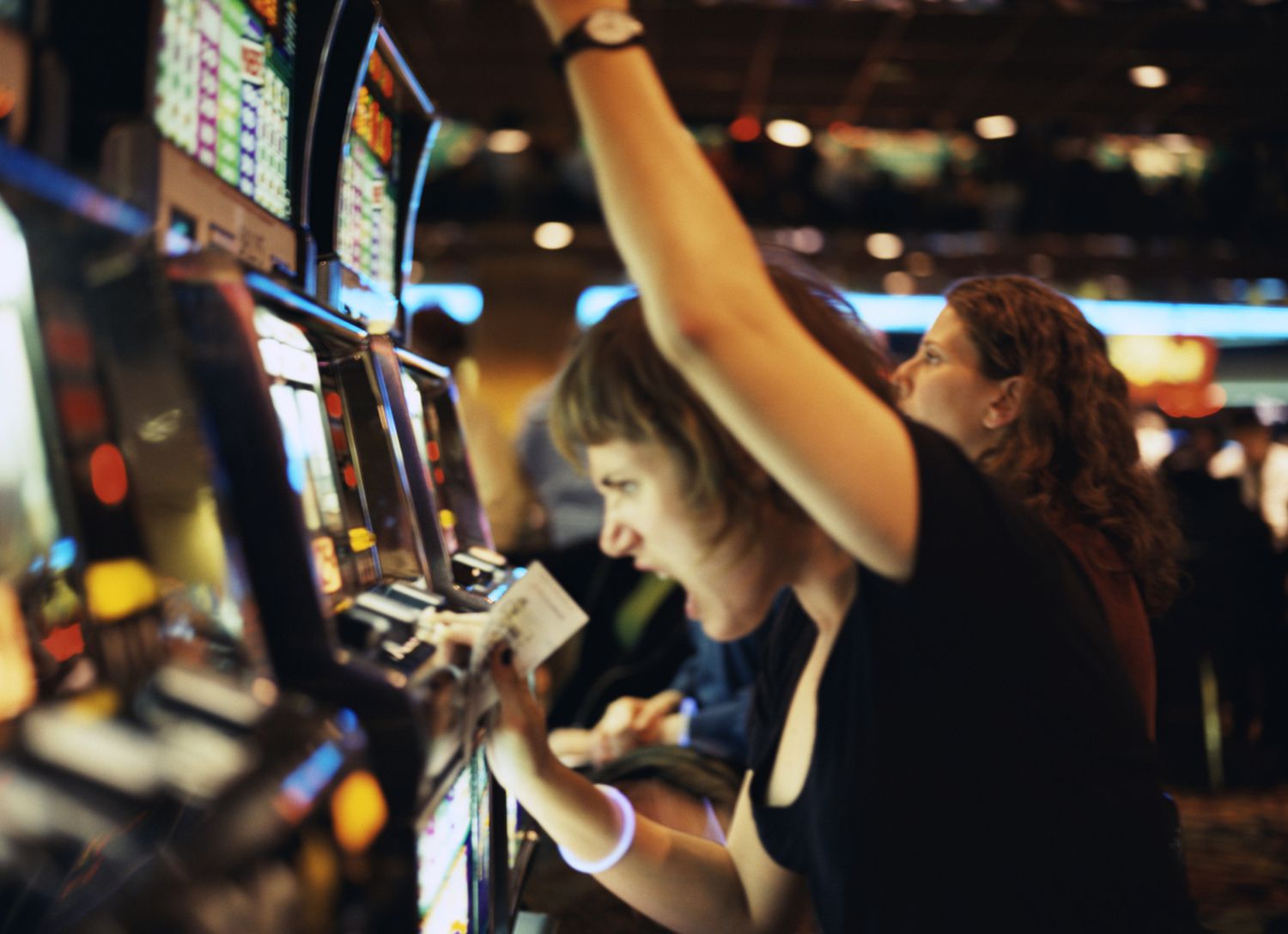What disorder do gamblers have?
In this article, we will delve into the intriguing world of compulsive gambling and shed light on the disorder that afflicts millions of individuals around the globe. While gambling is a widely enjoyed recreational activity, it can transform into a compulsive behavior with severe repercussions for certain individuals. We aim to comprehensively understand this disorder, its causes, symptoms, and available treatment options.
What Is Compulsive Gambling?
Compulsive gambling, referred to as pathological gambling or gambling disorder, manifests as an impulse control disorder where individuals experience an overwhelming compulsion to gamble, disregarding the detrimental effects it brings. This condition extends beyond sporadic gambling, transforming into a persistent issue that disrupts multiple facets of one’s life, encompassing relationships, finances, and overall mental well-being.
Signs and Symptoms
Identifying the signs and symptoms of compulsive gambling is crucial in addressing the disorder effectively. Some common indicators include:
- Preoccupation with Gambling: The person may constantly think about gambling, relive past gambling experiences, and plan future gambling activities.
- Increased Bet Amounts: A progressive needs to wager more money to achieve the desired excitement or “rush.”
- Failed Attempts to Stop: Repeated efforts to control or stop gambling, but unsuccessful.
- Restlessness and Irritability: Restlessness and irritability when attempting to cut back or stop gambling.
- Lying and Secrecy: Hiding or lying to friends, family, or loved ones about gambling activities.
- Financial Consequences: Experiencing financial problems, such as accumulating debt, borrowing money, or resorting to illegal means to finance gambling.
- Emotional Distress: Feelings of guilt, anxiety, or depression related to gambling.
Causes and Risk Factors
Compulsive gambling is a complex disorder influenced by various factors. While the precise cause remains unknown, several elements contribute to its development:
Biological Factors
Some individuals may be predisposed to gambling disorders due to genetic or neurobiological factors. Studies have suggested that certain genes and neurotransmitters may influence the susceptibility to addictive behaviors.
Psychological Factors
Underlying psychological conditions, such as depression, anxiety, or personality disorders, can increase the likelihood of developing a gambling addiction. Gambling may serve as a means of escape or coping with emotional distress.
Environmental Factors
Environmental influences, including early exposure to gambling, peer pressure, and the availability of gambling opportunities, can contribute to the development of compulsive gambling.
Reward System Dysfunction
Compulsive gambling triggers the brain’s reward system, releasing dopamine and creating a sense of euphoria. Over time, individuals become conditioned to seek this pleasurable sensation, leading to a cycle of addiction.

Treatment Options
Fortunately, there are effective treatment options available for compulsive gambling:
Cognitive-Behavioral Therapy (CBT)
CBT is a widely used therapeutic approach that helps individuals identify and modify unhealthy thought patterns and behaviors associated with gambling addiction. It focuses on developing healthier coping mechanisms and improving decision-making skills.
Support Groups
Support groups, such as Gamblers Anonymous, provide a platform for individuals struggling with gambling addiction to share their experiences, receive support, and learn from others who have overcome similar challenges. These groups offer a sense of community and understanding.
Medication
Medications may be prescribed to address underlying mental health conditions associated with compulsive gambling, such as depression or anxiety. These medications aim to alleviate symptoms and support the recovery process.
Conclusion
Compulsive gambling is a serious disorder that can devastate individuals and their loved ones. By understanding the signs, symptoms, causes, and available treatment options, we can work towards combating this addiction and supporting those in need. If you or someone you know is struggling with compulsive gambling, contact professional help and explore the numerous resources available. Remember, recovery is possible, and a brighter future awaits.
